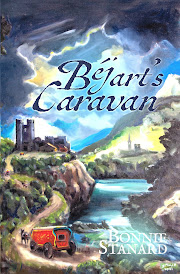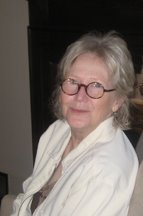Friday, August 29, 2014
Simon Critchley
THE LESS
CERTAIN WE ARE
Simon
Critchley wrote in “The Dangers of Certainty: a Lesson from Auschwitz,”* that
“The more we know, the less certain we are.” His article reviews a BBC
documentary presented in 1973 featuring Dr. Jacob Bronowski, a British mathematician.
The article
contains words to live by, such as:
… the moral consequence of knowledge is that
we must never judge others on the basis of some absolute, God-like conception
of certainty.
Insisting on certainty … leads ineluctably to
arrogance and dogma based on ignorance.
We always have to acknowledge that we might
be mistaken.
This article was so
meaningful to me that I forwarded the link to my friends. I agree with Dr.
Bronowski, so why do I have questions?
BLACK AND WHITE VS SHADES OF GRAY
Is Dr. Bronowski saying that the more
educated we become the less likely we are to accept absolutes? If he’s saying
that we live in a world, not of black and whites, but of grays, does this mean
there are no black and whites?
The more we know about
motives, background, influences, that sort of thing, we come to realize that
attributes don’t arise in isolation. We are able to understand if not empathize
with the money grubbing adult who went hungry as a youngster; the child abuser
who was abused; the drug pusher whose parents gave him drugs, etc.
NO LABELS, PLEASE
In our lack of certainty,
we hesitant to put labels on people. For instance, we don’t call a person a liar when he tells a lie. Rather, we say he’s a person
who told a lie. If he wrecks a home, he’s not a home-wrecker, but a person who wrecked a home. If he cheats on a
test, he’s not a cheater. You
get the idea. Nobody is all good or all bad. The deeds we perform may be black
or white, but our totality is gray.
On the white end of the
spectrum are adjectives such as honest, faithful, and loving. We’re more
generous about applying these to people as well as deeds, and we find that by
doing so, we dilute their definitions.
TAKE-HOME ABSTRACTIONS
Our uncertainty leads us to
temper, if not withhold, judgment of others, which can only improve our
relationships. But at risk are the big concepts, such as freedom, truth, and
justice. If we concede that there exists my freedom, your justice, our truth,
there will be no absolutes. These notions will fall from the stratosphere to
become pocket companions to each of us.
NO CERTAINTY, NO GOD
To take uncertainty to the
extreme, how can we believe in God? Is it fair to say the concept of God
becomes more and more alien to us as we accept grays and the notion that
verities exist within us rather than external to us?
There is a reminder that
absolutes exist, and the most obvious one is death. Irrespective of the heart,
mind, or soul of man, it exists, and it doesn’t bend or modify because of
influences or behavior. It is essentially the same for every human, animal, and
vegetation. As ironic as it may sound, does death point to certainty? To God?
*The
New York Times, February 2014
Subscribe to:
Post Comments (Atom)












No comments:
Post a Comment